2025 Portland Cholangiocarcinoma Symposium
The 2025 Portland Cholangiocarcinoma Symposium will convene in Portland and draw together leading experts, researchers, healthcare professionals, patients, and advocates.
This event promises to be a crucial platform for sharing the latest advancements and addressing the challenges in cholangiocarcinoma research and treatment.
When:
Friday, June 27, 2025
Time:
8:00am – 3:00pm
7:00am – 8:00am
Registration Opens, Breakfast & Patient/Caregiver Networking Hour
Where:
Knight Cancer Research Building
2720 S. Moody Avenue
Portland, OR 97201
Snacks, Beverages, and Lunch will be served
Speakers
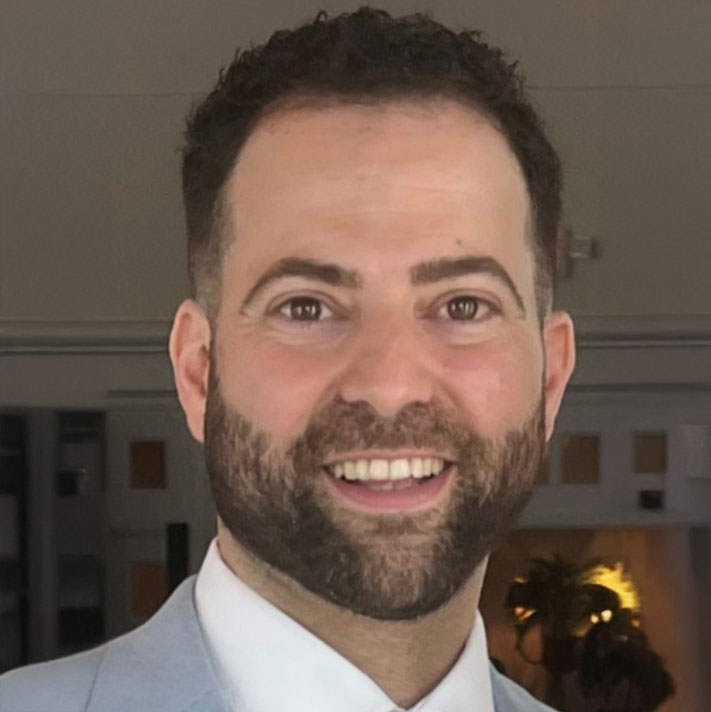
Tariq Almerey, MD

Tariq Almerey, MD
Dr. Tariq Almerey is a fellowship-trained Hepato-Pancreato-Biliary (HPB) surgeon currently completing advanced training at Oregon Health & Science University (OHSU), where he focuses on complex liver, pancreas, and biliary tract surgeries. He completed his general surgery residency at Mayo Clinic Florida, where he also held multiple research roles in HPB and vascular surgery, contributing significantly to clinical outcomes research.
Originally from Syria, Dr. Almerey earned his medical degree from Damascus University before relocating to the United States for postgraduate training. As a medical student, he gained clinical experience at prestigious U.S. institutions including the University of Texas Health Science Center, Mayo Clinic Rochester, and the University of Alabama at Birmingham.
Dr. Almerey is board-certified in general surgery and licensed to practice in both Oregon and Florida. He is a published author of over 30 peer-reviewed scientific papers and has presented at leading national and international surgical conferences. His academic interests include locally advanced pancreatic cancer, cholangiocarcinoma, and innovations in minimally invasive HPB surgery.
Dr. Almerey is a member of the Gold Humanism Honor Society. He serves as a reviewer for the Journal of Gastrointestinal Surgery and has contributed book chapters on cholangiocarcinoma and colorectal liver metastases.
Dr. Almerey is bilingual in Arabic and English. Outside of medicine, he enjoys playing soccer and tennis, staying active, and spending time with his wife, Carole, a pharmacist. He is committed to providing compassionate, evidence-based care for patients with complex abdominal and hepatopancreatobiliary malignancies.
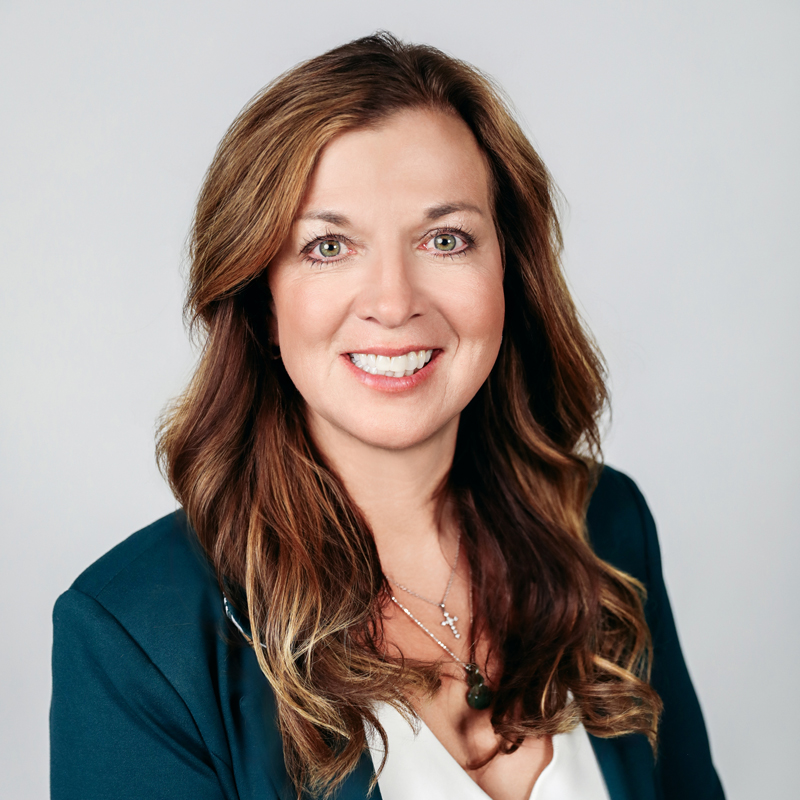
Melinda Bachini
Cholangiocarcinoma Foundation

Melinda Bachini
Cholangiocarcinoma Foundation
Melinda Bachini is a 15-year survivor of cholangiocarcinoma. She was treated at the National Cancer Institute with a clinical trial using Adoptive Cell Therapy.
Melinda is married and the mother of six children, grandmother to two, and two more on the way. She is passionate about patient advocacy and uses her experience with previous and current treatments to give great insight into patients participating in clinical trials. She shares her story with as many cancer patients as possible in hopes of giving support to those in need.
Melinda served as a patient advocate for the NCI Hepatobiliary Task Force, the NCI Patient Advocate Steering Committee (PASC) from April 2016 to December 2022. She is a patient advocate for the ECOG-ACRIN GI Committee, ECOG-ACRIN Cancer Research Advocacy Committee, the NCI Council of Research Advocates, and the NCCN Hepatobiliary Guidelines Panel.
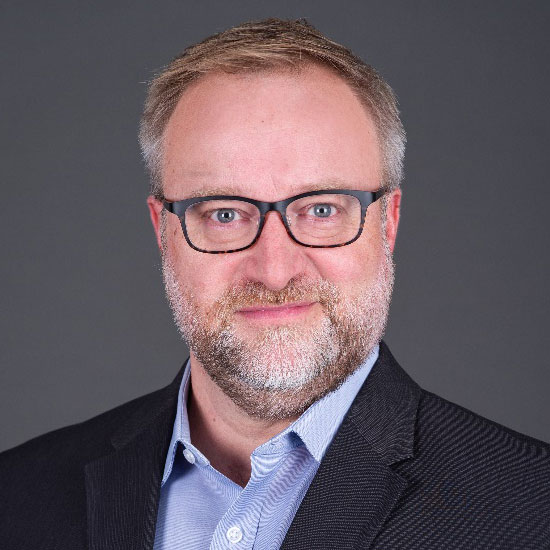
Kristian Enestvedt

Kristian Enestvedt
Dr. Kristian Enestvedt is a transplant and hepatobiliary surgeon at Oregon Health & Science University (OHSU), where he serves as the Surgical Director of the Liver Transplant Program. He specializes in liver transplantation, as well as surgery involving the bile ducts and pancreas. His clinical focus includes treating complex liver and biliary diseases, including cancers such as cholangiocarcinoma. His goal is to provide the highest level of care to patients facing these challenging conditions.
Dr. Enestvedt earned his medical degree from Northwestern University Feinberg School of Medicine and completed his general surgery residency at OHSU. During his residency, he also completed a two-year research fellowship aimed at improving outcomes in liver and cancer surgery. He received advanced training through a fellowship in liver, bile duct, and pancreas surgery at OHSU, followed by a second fellowship in abdominal organ transplantation at the University of Pennsylvania. He is experienced in both adult and pediatric liver transplantation, living donor transplantation, and minimally invasive liver surgery.
Since becoming Surgical Director in 2022, Dr. Enestvedt has led several key innovations in OHSU’s liver transplant program. He helped launch programs to utilize livers from donation after cardiac death (DCD) donors, developed a pathway for obese patients to undergo bariatric surgery prior to transplantation, and established a dedicated transplant program for patients with cholangiocarcinoma. He also leads OHSU’s liver pump program, which leverages advanced technology to preserve and evaluate donor livers, enabling longer-distance transport and improving transplant success rates.
In addition to his clinical responsibilities, Dr. Enestvedt is deeply committed to education and mentorship. He directs OHSU’s ASTS-approved Liver and Kidney Transplant Fellowship Program and actively collaborates with national organizations to improve surgical training and certification standards in transplant and hepatobiliary surgery.
His research includes more than 40 peer-reviewed publications focused on liver transplant outcomes, donor utilization, and the management of transplant complications. He enjoys working within multidisciplinary teams to drive advancements in patient care. His contributions have been recognized with honors such as OHSU’s Distinguished Service Award and the Continuing Professional Development Clinical Star award.
Outside of work, Dr. Enestvedt enjoys spending time with his wife and daughters, especially skiing as a family. His dedication to innovation, education, and compassionate care continues to drive his efforts to enhance patient outcomes and advance the field of transplantation and hepatobiliary surgery.

Emily Jonica

Emily Jonica
Dr. Jonica is a gastroenterologist with advanced fellowship training in interventional endoscopy. She specializes in pancreas and bile duct disorders, and she sees patients in clinic as well as performs procedures (EUS and ERCP) related to these conditions. Her clinical and research interests involve management of chronic pancreatitis, pancreatic cystic lesions and necrotizing pancreatitis. She also is experienced in performing procedures such as ERCP in those with altered post-surgical anatomy, when a less invasive, non-operative approach is desired.
During her free time, she enjoys trail running and cycling with her husband —a couple of main reasons that attracted her to Portland! She is passionate about caring for Oregonians and empowering patients to make decisions about their potential treatment options together.

Adel Kardosh

Adel Kardosh
Dr. Adel Kardosh is a clinician-scientist and Associate Professor the Oregon Health and Science University Knight Cancer Institute, with a focus on treating gastrointestinal (GI) cancers, and a specific research interest in pancreatic-hepatobiliary immune oncology. He is dedicated to the care of his patients and strives to offer the latest treatments through clinical trials. As Program Director for GI Oncology, he is continuing to build a robust and diverse clinical and translational trial portfolio aimed at developing novel therapeutics and predictive biomarkers for the treatment of GI cancers. Coupled with his rigorous clinical training, and extensive molecular biology and immunology research background, he has garnered expertise in the conduct of oncology clinical and translational studies. Dr. Kardosh’s overall research centers on: i) identifying predictive biomarkers of immunotherapy sensitivity, and ii) uncovering mechanisms of treatment resistance, to inform next generation of clinical trials.
Dr. Kardosh completed his medical oncology training at Stanford and moved to the Northwest where, in his spare time, he enjoys spending time with his family exploring the beautiful outdoors. They love hiking, climbing and jogging. He also enjoys the diverse and amazing food that Portland offers.
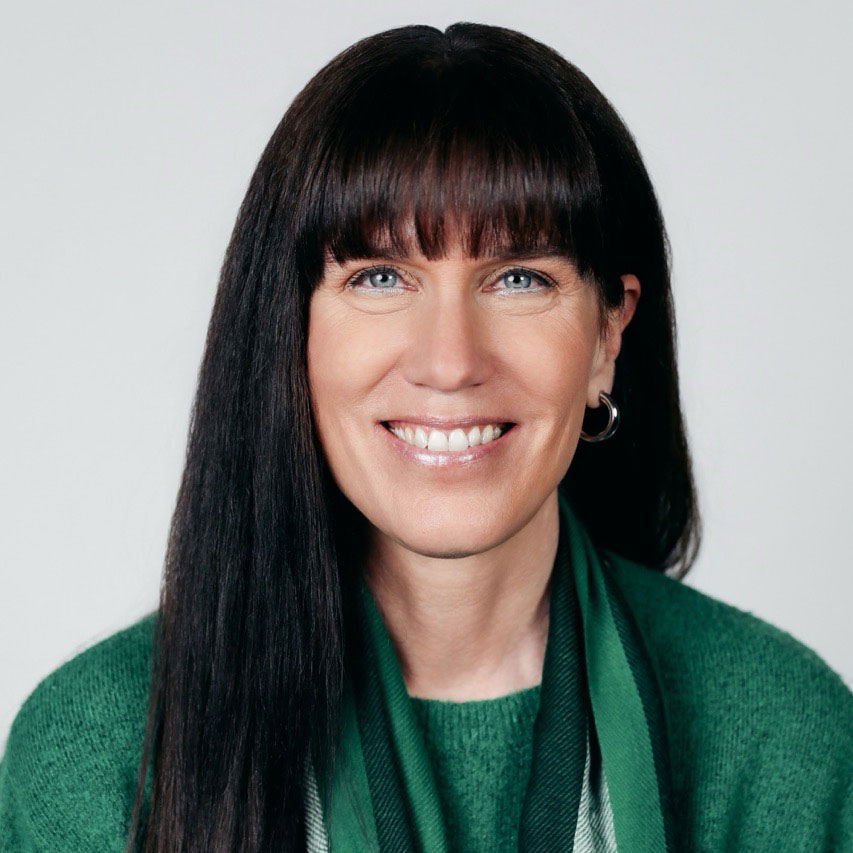
Stacie Lindsey
Cholangiocarcinoma Foundation

Stacie Lindsey
Cholangiocarcinoma Foundation
Stacie’s brother, Mark Clements, was diagnosed in 2005 and ultimately passed away from Cholangiocarcinoma on January 19, 2007. Stacie advocated for her brother, extensively researched treatment options, and began networking with other patients, scientists, and healthcare professionals. From this experience, the Cholangiocarcinoma Foundation was born.
Stacie is a founding member and has served on the Board of Directors since its inception. Stacie resides in Lehi, Utah, where she has five children. She holds a Bachelor of Arts degree in Psychology from Brigham Young University and studied nonprofit leadership at Harvard Business School. Stacie is an active member of her church and community.
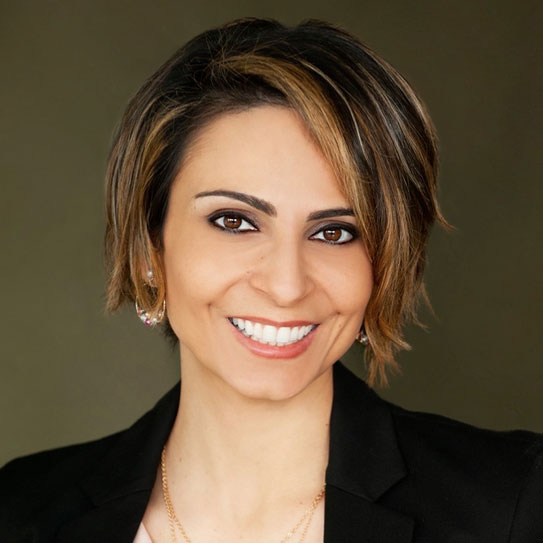
Nadine Mallak, MD

Nadine Mallak, MD
Nadine Mallak, MD is an Associate Professor of Diagnostic Radiology at Oregon Health and Science University (OHSU), in the divisions of Molecular Imaging and Therapy, and Body Imaging. She’s the clinical director of the PET/MRI program at OHSU. Her research interests focus on molecular and hybrid imaging, and theranostics.

Skye Mayo

Skye Mayo
Dr. Skye Mayo is board certified in both Complex General Surgical Oncology and in General Surgery. His clinical practice serves patients with tumors of the liver, bile ducts, and pancreas. He also treats patients with gall bladder cancer, cancers of the stomach and digestive system, and retroperitoneal sarcomas. His research focuses on helping patients with cancers that have spread to or arise in the liver, such as colorectal cancer and intrahepatic cholangiocarcinoma.
Dr. Mayo’s family settled in Southeastern Oregon in the 1860s and established a cattle ranch. He was born in Burns and then moved to Central Oregon. After graduating from Stanford University he returned to Oregon for medical school combined with a Masters degree with public health in the epidemiology and biostatistics track. During his surgical residency at Johns Hopkins his clinical and research work focused on the treatment of patients with pancreatic and liver cancers. He completed a research fellowship in Cancer Immunology at the Sidney Kimmel Comprehensive Cancer Center at Johns Hopkins investigating the role of immune therapy in patients with metastatic liver disease. His surgical oncology fellowship at Memorial Sloan-Kettering Cancer Center in New York was focused in advanced Hepatopancreatobiliary Surgery where he was also certified to perform robotic cancer operations.
He is a member of a talented team of surgeons and oncologists at OHSU where he uses his experience and research to help advance the treatment of patients with cancers of the liver, bile ducts, and pancreas. He is a member of the OHSU Knight Cancer Institute and of the Southwest Oncology Group, which offers patients the latest in cancer care through participation in clinical trials. His research at OHSU involves using hepatic arterial regional therapy for patients with liver and bile duct cancers and investigating how to harness the immune system to fight cancer. Specifically, his research efforts are directed toward the early detection of recurrent cancer and monitoring responses to treatment in patients with colorectal cancer metastatic to the liver.
Dr. Mayo views it as a privilege to work with patients, their families, and primary care doctors to develop the best treatment plans. He is dedicated to offering the highest quality of service. He looks forward to working with other cancer specialists to help give his patients the most options and the best possible outcome.

Keith Quencer, MD

Keith Quencer, MD
Keith Quencer, MD, completed his diagnostic radiology residency at Massachusetts General Hospital, followed by a fellowship in Vascular and Interventional Radiology at Yale-New Haven Hospital. His clinical interests include cholangiocarcinoma, renal cell carcinoma, trauma interventions, venous sampling, dialysis access interventions and portal hypertension. He is chief of body IR at OHSU/Dotter Institute.
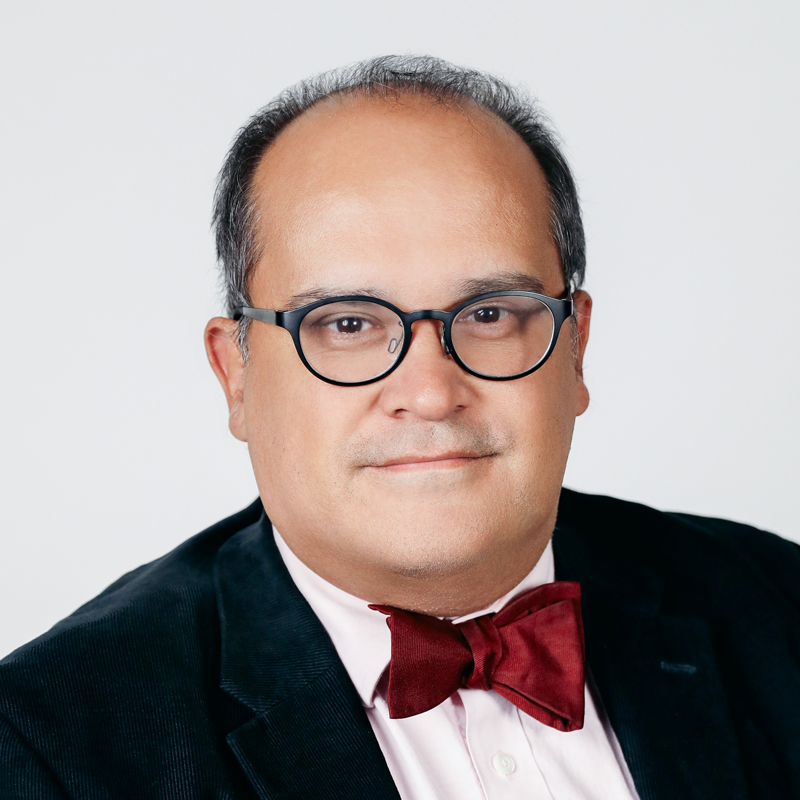
Flavio Rocha, MD, FACS, FSSO
Oregon Health & Science University

Flavio Rocha, MD, FACS, FSSO
Oregon Health & Science University
Dr. Rocha is a surgical oncologist and hepatopancreatobiliary surgeon in the Section of General, Thoracic and Vascular Surgery at Virginia Mason Medical Center in Seattle. In addition he is the Director of Research in the Digestive Disease Institute and Associate Medical Director of the Floyd and Delores Jones Cancer Institute. He holds an appointment as a Clinical Associate Professor of Surgery at the University of Washington and Clinical Professor of Medical Education and Clinical Sciences at Washington State University. After attending the Pritzker School of Medicine at the University of Chicago, Dr. Rocha completed a residency in general surgery at the Brigham and Women’s Hospital and a postdoctoral research fellowship in tissue engineering at Harvard Medical School, both in Boston. After residency, he served as a surgical oncology and hepatopancreatobiliary surgery fellow at Memorial Sloan-Kettering Cancer Center in New York City. His clinical practice encompasses all aspects of benign and malignant disease of the liver, bile ducts and pancreas. As an investigator at the Benaroya Research Institute in Seattle, his research is focused on biomarker discovery and novel therapeutics in pancreaticobiliary cancer. He has been funded by ASCO and the Cholangiocarcinoma Foundation. He currently sits on the editorial boards of HPB, Annals of Surgical Oncology, Journal of Surgical Oncology and PLoS ONE. In addition, he is the current Chair of the Membership Committee in the AHPBA and Vice-Chair of the SWOG Surgery Committee. Lastly, he has served on the Pancreas Task Force at the NCI and is the surgical lead of the International Cholangiocarcinoma Research Network.
(Liquid Biopsy Initiative Group)
“I am always amazed by the courage of my patients, particularly in the face of adversity.”
Can you tell us a bit about yourself?
I am surgical oncologist with a both a clinical and research focus in tumors of the liver, biliary tract and pancreas. I serve as the Division Head of Surgical Oncology at Oregon Health and Science University and Physician-in-Chief of the Knight Cancer Institute, both in Portland, OR. In my spare time, I like to travel and take photographs particularly in the beautiful Pacific Northwest with my family and golden retriever. Originally from Brazil, I do enjoy the beach and am an avid soccer fan.
Can you share one or two of your specific research interests?
My interests lie in biomarker discovery and validation for pancreatobiliary cancers. Their use for early detection, response to therapy and prognostic evaluation can help us improve our treatment modalities. I am also heavily involved in the NCTN Cooperative Groups in order to help design and execute novel therapeutic trials particularly in the localized space.
Why did you decide to specialize in hepatobiliary cancers?
As a trainee, I was attracted to the complexities of the anatomy and physiology of the liver and pancreas. These were also the most challenging operations to perform and master in the abdomen. Lastly, I felt this was a disease where I could perhaps make the most impact.
Can you describe one of the unforgettable moments in your patients care or research that has impacted your career?
I am always amazed by the courage of my patients, particularly in the face of adversity.
Can you tell us one thing collaboration with colleagues could accomplish that you could not accomplish on your own?
The neoadjuvant chemotherapy trial for intrahepatic cholangiocarcinoma is a great example of an ICRN effort that could not have been accomplished in any one institution.
If you had access to one resource that would move your research forward, what would that resource be?
We are always looking for funding and also to be able to expand clinical trials abroad, particularly in Asia.
How did you learn about the Cholangiocarcinoma Foundation?
I was fortunate to receive the inaugural ASCO Young Investigator Award sponsored by the Cholangiocarcinoma Foundation. This initial support lead to my ability to dedicate my career to the field.
Can you tell us why you became a member of the ICRN?
In order to connect with my fellow colleagues around the country and the world especially those in different oncologic specialties. We have been able to perform studies, launch efforts and complete clinical trials with the dedication and support of the ICRN.
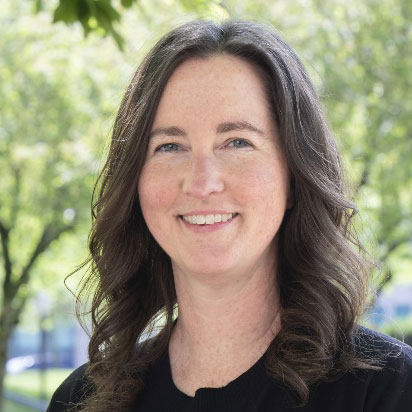
Susan Rosenkranz, MA
OHSU

Susan Rosenkranz, MA
OHSU
Susan Rosenkranz is a Senior Research Associate in the School of Nursing at OHSU. She is trained as a medical anthropologist with more than 17 years of experience in conducting qualitative and mixed methods research that has examined treatment decision making, quality of life, symptom management, end of life, and caregiver health in liver disease, liver cancers, cervical cancer, and heart failure. This work has included the experiences of patients, caregivers, and healthcare professionals.
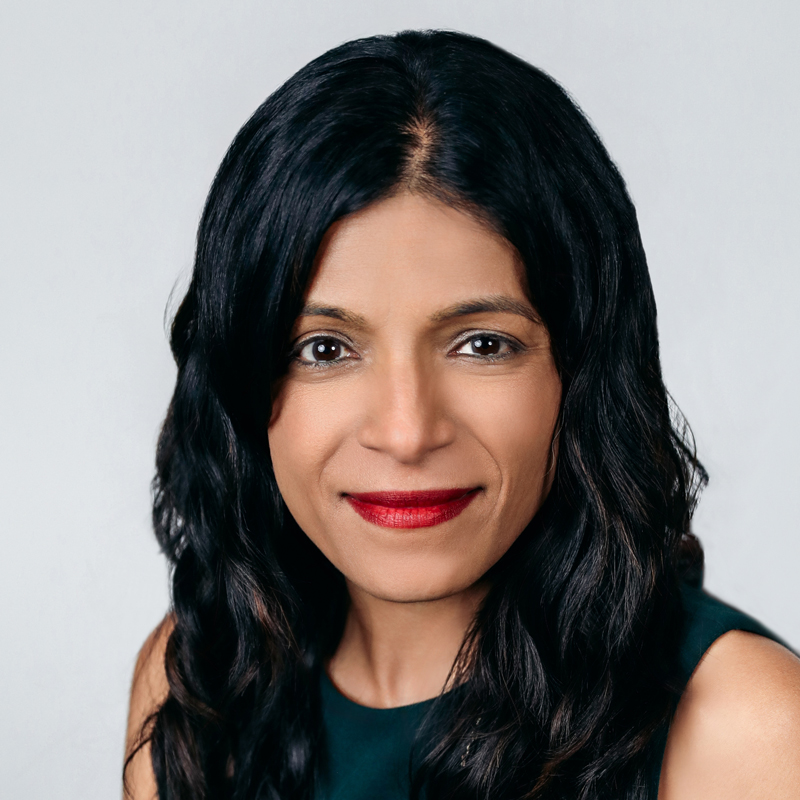
Rachna Shroff, MD
University of Arizona Cancer Center

Rachna Shroff, MD
University of Arizona Cancer Center
Dr. Shroff is an Associate Professor in the Department of Medicine, Division of Hematology and Oncology, and Chief of the Section of Gastrointestinal Medical Oncology at the University of Arizona Cancer Center. She participates in the Southwest Oncology Group GI Committee and the NCI Hepatobiliary Taskforce. Her research interests focus on biliary and pancreatic cancers, including developing personalized novel targeted therapies and identifying new molecular biomarkers for diagnosis and treatment.
(Neoadjuvant Targeted Therapy Initiative Group)
“Taking a patient who was told that he/she had an incurable disease, putting them on a trial with a novel therapy, seeing a dramatic response and then taking them to a curative surgery is by far the most rewarding thing in my day-to-day.”
Can you tell us a bit about yourself?
I am the Chief of GI Medical Oncology at the University of Arizona Cancer Center (UACC) where my clinical and research interests focus on biliary and pancreatic cancers. I also serve as the Director of UACC’s Clinical Trials Office. I was previously on faculty at MD Anderson Cancer Center where I helped grow a prolific biliary research program with a robust clinical trial portfolio. Since joining UACC, I have helped grow the GI research program and have enjoyed building collaborations across the institution to grow translational research efforts. I am committed to improving outcomes for patients with pancreaticobiliary cancers and enjoy watching drug development blossom for my patients with cholangiocarcinoma. There is nothing more rewarding than holding our patients’ hands through this journey and giving them hope as we see immense progress in these diseases.
Personally, I am happily married to a busy allergist on faculty at University of Arizona and we are kept busy raising two beautiful kids. We miss Houston, but have been enjoying the beautiful desert landscape and climate. We love to travel to new places (outside of global pandemics), I live to exercise for wellness, and dancing is my creative outlet.
Can you share one or two of your specific research interests?
My research interests focus on developing novel cytotoxic, targeted, and immune therapies for patients with biliary cancers and pancreatic cancers. I primarily engage in clinical trials but relish working with basic scientists to translate their discoveries into clinic.
Why did you decide to specialize in hepatobiliary cancers?
My focus in HPB cancers came from the clinic. Caring for patients with these diagnoses require committed researchers who are willing to think outside of the box, to advocate for research funding and to work collaboratively to improve outcomes. This is exactly what drove me into this space – a desire to impact patient care in a clinically meaningful way through scientific discovery and momentum. Giving hope to patients and watching the needle move forward is the most rewarding feeling for me as an oncologist.
Can you describe one of the unforgettable moments in your patients care or research that has impacted your career?
There are so many moments that help me keep my eyes on the prize. Taking a patient who was told that he/she had an incurable disease, putting them on a trial with a novel therapy, seeing a dramatic response and then taking them to a curative surgery is by far the most rewarding thing in my day-to-day. This is why I get out of bed every day – to see this progress happening in the clinic! For research, one unforgettable moment was when our national study, SWOG 1815 completed accrual in record time. This was an NCI-sponsored study and the first randomized phase 3 study in biliary cancers in the US. Being able to complete a study quickly to answer a meaningful question for this disease has been hands down one of the most rewarding moments in my research career.
Can you tell us one thing collaboration with colleagues could accomplish that you could not accomplish on your own?
The progress we have seen in understanding the molecular and immune landscape of cholangiocarcinoma is a perfect example of why collaboration is essential to eradicating this disease. We came together as researchers to learn about the importance of biomarker testing and its clinical relevance. This knowledge empowered us to launch clinical trials with targeted therapies that have led to FDA approvals in cholangiocarcinoma! None of this would have been possible if we, as researchers, did not come together to pool knowledge.
If you had access to one resource that would move your research forward, what would that resource be?
Funding! We are getting more and more funding dedicated to cholangiocarcinoma research (thanks in large part to advocacy from CCF), but we have so much more work to do! As we have come together as collaborators and built a repository of preclinical models, there are so many questions left to be asked and answered. More federal funding, philanthropic funding, and industry funding will drive us to progress. We have the momentum and we want to keep it going!
How did you learn about the Cholangiocarcinoma Foundation?
I have had the pleasure to be involved with CCF since (close to) the beginning. Being a junior faculty member at MD Anderson and working with Dr. Milind Javle, he introduced me early on to Stacie and CCF. It became readily apparent to me that this organization was going change the face of this disease and have a last impact. As such, I immediately began attending the national conference and getting to know other members. More recently, I have had the pleasure of chairing the 2020 National Conference and currently serve on the Scientific and Medical Advisory Board. I am so grateful to CCF to have them as a partner and as a force for our research in cholangiocarcinoma.
Can you tell us why you became a member of the ICRN?
I became a member of ICRN early on because I knew that to truly make an impact on this disease, researchers from all over the world would need to come together to ask important scientific questions. ICRN was a mechanism to bring US collaborators in close touch with our brilliant scientists in Europe, Asia, and beyond. Since joining, I have had the pleasure of working in the Immunotherapy Working Group and helping design novel questions in the space of immune-oncology. I also now serve on the Executive Committee and have enjoyed working elbow-to-elbow with international thought leaders to identify areas of focus for research that will have a global impact on cholangiocarcinoma.

Spencer Smith

Spencer Smith
Spencer Smith is a surgical oncology physician associate who specializes in caring for adults with colorectal liver metastases and peritoneal metastases from various primary tumors. He is involved in delivering advanced treatments, including Hepatic Arterial Infusion (HAI) and CRS-HIPEC chemotherapies.
Spencer is dedicated to providing patient-centered, compassionate care to individuals navigating complex surgical and healthcare journeys. His approach focuses on supporting patients through every step of their treatment with empathy and clinical excellence.
A native of the Pacific Northwest, Spencer is proud to be part of the Surgical Oncology team at Oregon Health & Science University (OHSU). His early experience as a research assistant at OHSU sparked a passion for cancer care and working with cancer patients. During his physician associate training, he developed a strong interest in surgery, making this role a natural fit that blends both of his clinical passions. He considers it a privilege to serve cancer patients and be part of their care.
Outside of work, Spencer enjoys spending time with family and friends, exploring the outdoors, golfing, running, and cheering on the Oregon Ducks.
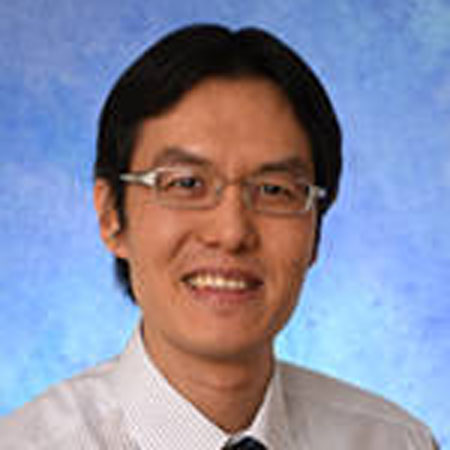
Eric Tran

Eric Tran
Eric obtained his Bachelor of Science and PhD in Biochemistry at the University of Victoria. During his PhD, he worked with Dr. Brad Nelson at the British Columbia Cancer Agency and studied the mechanisms of IL-2 signaling and the effects of various cytokines on T-cell function in the setting of ovarian cancer. Eric then performed his postdoctoral fellowship at the Surgery Branch of the National Cancer Institute, mentored by Dr. Steven Rosenberg. There he provided the first proof-of-concept that the transfer of mutation-reactive T cells could mediate durable regression of metastatic gastrointestinal cancer (cholangiocarcinoma and colorectal cancer), findings that were published in Science and The New England Journal of Medicine. This work has helped usher in an era of immunotherapies designed to target cancer mutations. Eric joined the Earle A. Chiles Research Institute (EACRI) in Portland, OR, in 2017 and established an adoptive cell therapy program. Here, his team provided another first proof-of-concept, this time demonstrating that the transfer of T cells engineered to express a T-cell receptor targeting a driver mutation could mediate tumor regression in a patient with metastatic pancreatic cancer, findings that were published in The New England Journal of Medicine in 2022. Eric leads a translational research lab that is exploring new approaches to improve the effectiveness of adoptive cellular therapy for patients with incurable epithelial cancer. He also leads the team that is responsible for manufacturing T cells for treating patients enrolled in the EACRI “homegrown” adoptive cell therapy trials.
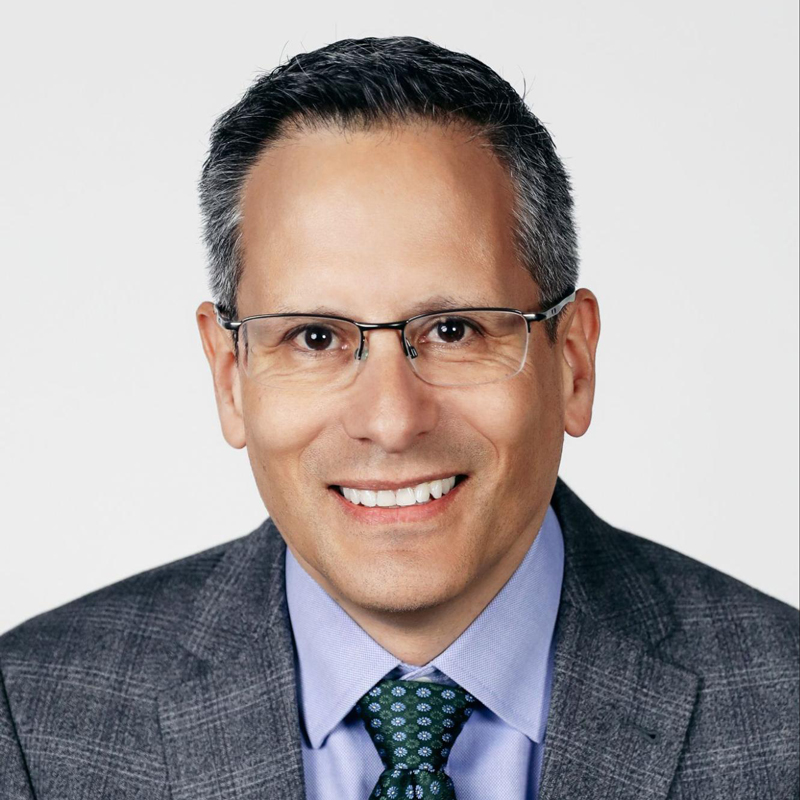
Juan Valle, MB, ChB, MSc, FRCP
Cholangiocarcinoma Foundation

Juan Valle, MB, ChB, MSc, FRCP
Cholangiocarcinoma Foundation
Dr. Valle most recently served as a professor and honorary consultant in medical oncology at the University of Manchester and The Christie NHS Foundation Trust in Manchester, UK. Dr. Valle was part of a team establishing the first standard of care for patients with advanced cholangiocarcinoma in 2009 and is a founding member of the International Biliary Tract Cancer Consortium. He chaired the UK National Cancer Research Institute neuroendocrine subgroup and was a member of the hepatobiliary and pancreatic cancer subgroups. His research focused on developing new therapies for pancreatic, biliary, and neuroendocrine cancers, and he has been instrumental in designing and developing many clinical trials.
Throughout his career, Dr. Valle has made significant contributions to the field, authored numerous publications, including over 300 scientific articles, and received multiple research grants to support his work. His research set the standard for patient care in cholangiocarcinoma.
Thank you to our sponsors


